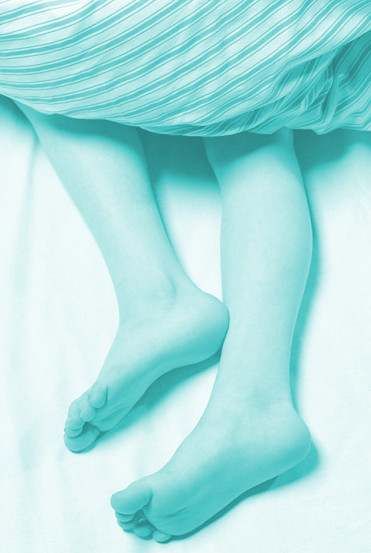Sleep distress feedback studied
 Researchers have found that teenagers who sleep less than eight hours per night are more likely to experience psychological distress.
Researchers have found that teenagers who sleep less than eight hours per night are more likely to experience psychological distress.
This correlation was highlighted in a study that tracked the sleep patterns and distress levels of Australian adolescents over a period of 16 weeks.
Using data collected from smartphones and questionnaires, the research focused on a cohort of teens aged 13 to 19 from Sydney, recruited via social media platforms such as Instagram and Facebook.
The study found that participants reporting higher levels of psychological distress were 51 per cent more likely to sleep less than eight hours per night compared to their less distressed peers.
The researchers noted that higher social media use and more hours of homework were both associated with sleeping less than eight hours.
Additionally, the study uncovered a reinforcing cycle between decreasing sleep duration and increasing distress.
Teens who experienced reduced sleep over the course of the study also reported increased psychological distress, suggesting that these issues could exacerbate one another.
The researchers call for further exploration of this relationship, advocating for longer studies to examine how sleep affects mental health outcomes across different populations.
The study adds to existing evidence linking sleep deprivation and mental health issues in young adults.
It also highlighted potential interventions, recommending that educational programs focus on the importance of mental well-being and sufficient sleep.
Though the study was limited by a high attrition rate and was conducted largely with older female adolescents, the researchers say their findings are consistent with broader trends observed in adolescent health research.








 Print
Print